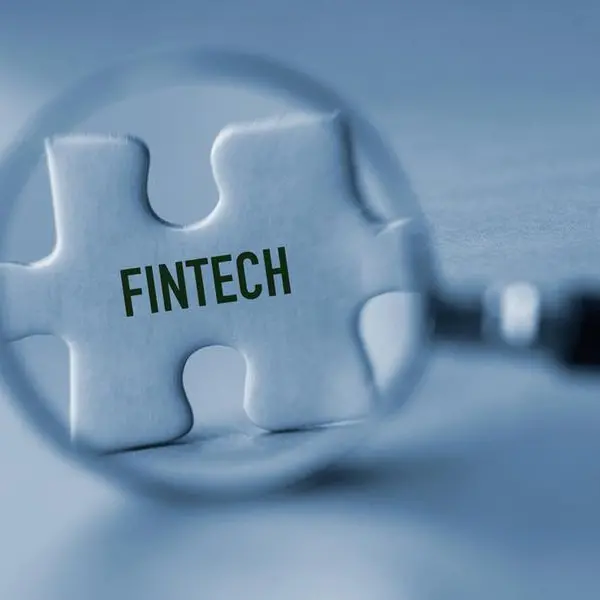PHOTO
New Delhi: 78 per cent of consumers now prefer to do most of their banking digitally through mobile apps or websites, according to the Alkami report.
This shift is part of a broader trend towards cashless transactions and contactless payments, which have become the default for many, especially since the COVID-19 pandemic.
According to the report, nearly 80 per cent of financial institutions have seen an increase in cashless transactions over the past two years. This change has been accelerated by the pandemic, with many consumers opting for digital payments to avoid handling cash. About 60 per cent of these institutions noted that the volume of cashless transactions has surged by more than 20 per cent.
Cashless payments aren't a new concept--personal checks and credit cards have been around for decades. However, today's digital payments, whether made through a smartphone, laptop, or tablet, are quickly becoming the standard. The convenience and safety of these transactions, especially in a post-pandemic world, have made them more popular than ever.
Allison Cerra, Chief Marketing Officer at Alkami Technology, said, "The banking leaders of the future will be those that can harness data for the best use, gain a holistic view of their relationships, and meet the rapidly changing needs of digital consumers."
With more people turning to digital banking, there's been a noticeable decline in the use of ATMs and checks.
Chad Rogers, Executive Vice President at Connexus Credit Union, noted that even millennials are moving away from traditional banking methods.
"What we're seeing, even with our millennial users, is that they're no longer ordering checks, or making cash withdrawals from our ATMs as we would expect. Instead, they are self-serving from home or wherever they are. They're moving money through our digital banking platform," he said.
Interestingly, even though fewer people are visiting bank branches in person, their overall engagement with banks has increased. Thanks to the ease of mobile and online banking, customers are now interacting with their banks more frequently, often on a daily basis.
While cashless transactions are on the rise, the adoption of cryptocurrency is growing more slowly. Around 21 per cent of financial institutions reported that their customers are asking for Bitcoin products and services.
Although this is still a relatively small percentage, 35 per cent of banks believe that offering cryptocurrency options could give them a competitive edge.
Banks are also feeling the heat from fintech companies like PayPal, Stripe, and Venmo. Jamie Dimon, CEO of JPMorgan Chase, has called these fintechs "enormous competitive threats" to traditional banking.
The popularity of fintechs has only increased during the pandemic, with many consumers turning to these platforms for their financial needs.
Despite the competition, some banks are partnering with fintechs to stay relevant. According to the report, 50 per cent of banks and 40 per cent of credit unions have teamed up with fintech companies in the past three years to enhance their digital offerings.
Looking ahead, many experts believe that the future of banking will revolve around personalised experiences. However, only about a quarter of financial institutions are currently using hyperpersonalization to gain a competitive advantage. There's a growing opportunity for banks to leverage personalised recommendations and offers to better serve their customers.
Data is also playing a crucial role in this digital transformation. Most banks are now using data analysis to improve customer experiences, guide decision-making, and reduce development time and costs. By unlocking the potential of customer data, banks can better anticipate their clients' needs and offer tailored solutions.
Allison Cerra Chief Marketing Officer at Alkami Technology, said, "We are now at a place where technology has democratised financial advice and counsel. It is no longer just the privileged upper class who can afford to get financially fit and prepare for the future."
© Muscat Media Group Provided by SyndiGate Media Inc. (Syndigate.info).





















